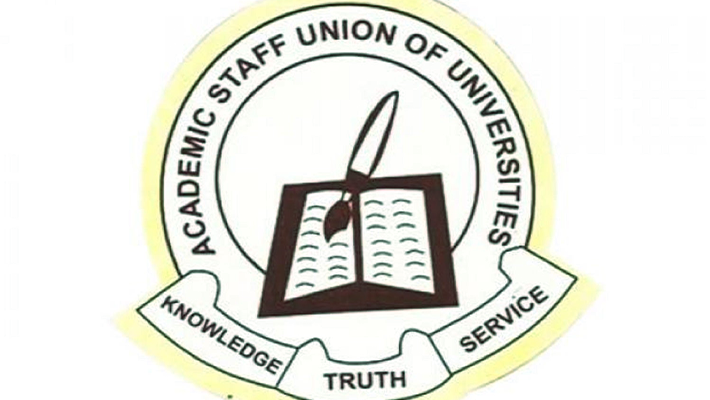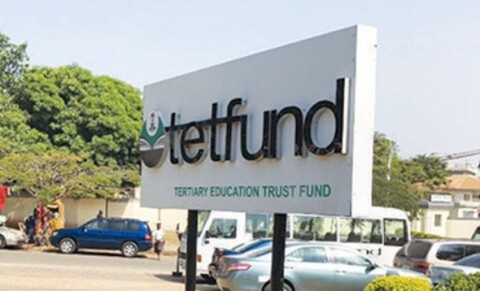The Academic Staff Union of Universities (ASUU) has said that its negotiation with the Federal Government over several unresolved issues affecting Nigeria’s public universities is still underway. The union expressed hope that the discussions would be concluded soon, even as the one-month deadline it gave the government to address its demands draws closer.
ASUU President, Prof. Christopher Piwuna, gave the update during a virtual interview session titled “Conversation with ASUU President”, hosted by renowned scholar, Prof. Toyin Falola, on Sunday night. The event was streamed across multiple platforms and attracted more than 1.2 million participants from 27 countries.
Piwuna explained that the union’s leadership is currently holding its national executive meeting in Taraba State, and the framework of the agreement being discussed with the government is beginning to take shape. He, however, made it clear that the salary offer currently presented by the government is inadequate and remains one of the major areas of disagreement.
According to him, public universities in Nigeria continue to struggle with poor funding, outdated infrastructure, and unfavorable working conditions. He noted that many lecturers work long hours under difficult circumstances, yet lack access to the resources required to improve teaching and research.
Piwuna also pointed out that government officials often do not view public education as a shared national priority, which makes coordinated action difficult. He argued that while ASUU regards education as a public good essential for national development, many decision-makers approach it from a profit-driven perspective, leading to limited support for public universities.
He added that development funds such as TETFUND, which were intended to improve university facilities, have in some cases become opportunities for personal or political gain, rather than tools for strengthening the education sector.
Earlier in the conversation, Prof. Falola said the goal of the dialogue was to encourage renewed commitment toward resolving the longstanding issues affecting Nigeria’s educational system. He noted that the problems faced in Nigeria are similar to those in many other African countries, and require collective effort to address.





